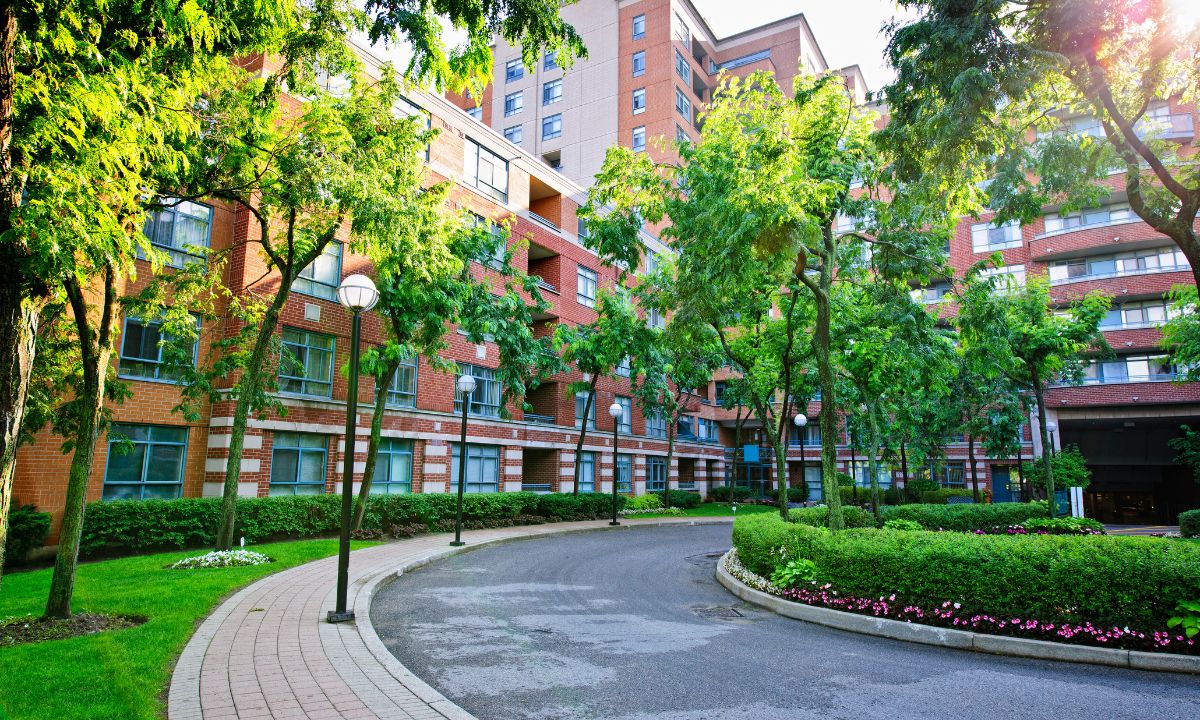Understanding Warrantable vs. Non-Warrantable When Purchasing a Condo
 When you’re shopping for a condo, there’s a bit more on your plate than just the typical homebuying concerns like credit scores, interest rates, and loan programs. A crucial aspect is understanding the role of the Homeowners’ Association (HOA) and whether the condo is warrantable or non-warrantable. This distinction can significantly impact your mortgage process and future as a condo owner.
When you’re shopping for a condo, there’s a bit more on your plate than just the typical homebuying concerns like credit scores, interest rates, and loan programs. A crucial aspect is understanding the role of the Homeowners’ Association (HOA) and whether the condo is warrantable or non-warrantable. This distinction can significantly impact your mortgage process and future as a condo owner.
Warrantable Condos: What You Need to Know
A condo is considered warrantable if it meets the standards set by Fannie Mae and Freddie Mac, the two main government-sponsored entities in the mortgage industry. These entities buy mortgages on the secondary market, so lenders follow their guidelines to ensure loans are sellable.
For a condo to be warrantable, it must:
- Not be part of a timeshare.
- Meet owner-occupancy rate requirements.
- Contribute at least 10% of its annual budget to its reserve account.
- Maintain adequate reserves for repairs and maintenance.
- Ensure a low delinquency rate in HOA dues.
- Restrict short-term rentals.
Buying a warrantable condo often makes the mortgage process smoother and might even be in your best long-term interest.
Non-Warrantable Condos: Understanding the Risks
A condo may be non-warrantable for several reasons:
- Ongoing construction or development projects.
- Active litigation involving the HOA.
- Low owner-occupancy rates.
- High concentration of units owned by a single entity.
For example, in a condo community with 5-20 units, Fannie Mae limits ownership to two units per entity. For larger communities, no single entity can own more than 20% of the units, though Freddie Mac allows up to 25%.
Knowing a condo’s warrantability status helps you make an educated decision. Your mortgage advisor can guide you through this process, ensuring you understand which condos meet the requirements for different loan programs.
Government Loans for Condos: FHA and VA
FHA and VA loans have their own criteria for condo warrantability, similar to those of Fannie Mae and Freddie Mac. These agencies maintain lists of approved condo communities, which might not always align with the GSEs’ lists. However, if a condo is approved by Fannie Mae or Freddie Mac, it often qualifies for FHA or VA loans after their review.
FHA guidelines require:
- Borrowers to meet standard FHA mortgage criteria.
- At least half of the community’s units to be owner-occupied.
- New developments to have at least 30% owner occupancy.
There are no extra charges for financing a condo with an FHA or VA loan compared to a single-family home.
Advantages of Buying a Warrantable Condo
Warrantable condos are easier to finance, with many lenders only offering loans for such properties. Some lenders provide options for both warrantable and non-warrantable condos, but loans for warrantable condos usually come with lower interest rates and down payments, making them more affordable.
Why Warrantability Matters
When buying a detached home, you own the entire structure. But in a condo, the financial and structural health of the entire development affects the risk level for lenders. Therefore, lenders consider not just your credit and down payment but also the condo community’s overall stability.
The HOA owns and maintains common areas and building exteriors, impacting your lender’s collateral. Hence, the lender analyzes both you as a buyer and the condo community’s financial health.
Considering a Non-Warrantable Condo
While some lenders offer loans for non-warrantable condos, it’s crucial to understand potential issues:
- Higher down payments and interest rates.
- Possible signs of financial instability if HOA dues are delinquent or reserves are insufficient.
- Risk of increased HOA dues or special assessments.
- Limited buyer pool when reselling.
Externally, warrantable and non-warrantable condos might look the same. However, working with your real estate agent and mortgage advisor will reveal important differences affecting your purchase decision.
 Buying a home is always an exciting journey, but it can also be overwhelming, especially when it comes to working through the mortgage process. One key player who will help to ensure your loan goes smoothly through this process is the Mortgage Loan Processor. If you’re wondering what to expect when working with a Mortgage Loan Processor, here’s a rundown of their important role and how they help you close your loan efficiently.
Buying a home is always an exciting journey, but it can also be overwhelming, especially when it comes to working through the mortgage process. One key player who will help to ensure your loan goes smoothly through this process is the Mortgage Loan Processor. If you’re wondering what to expect when working with a Mortgage Loan Processor, here’s a rundown of their important role and how they help you close your loan efficiently. Putting down the largest sum of money at your disposal might seem like the best way to go when it comes to your mortgage down payment. There is a certain amount of truth to this, but the reality is bigger is not always better.
Putting down the largest sum of money at your disposal might seem like the best way to go when it comes to your mortgage down payment. There is a certain amount of truth to this, but the reality is bigger is not always better.